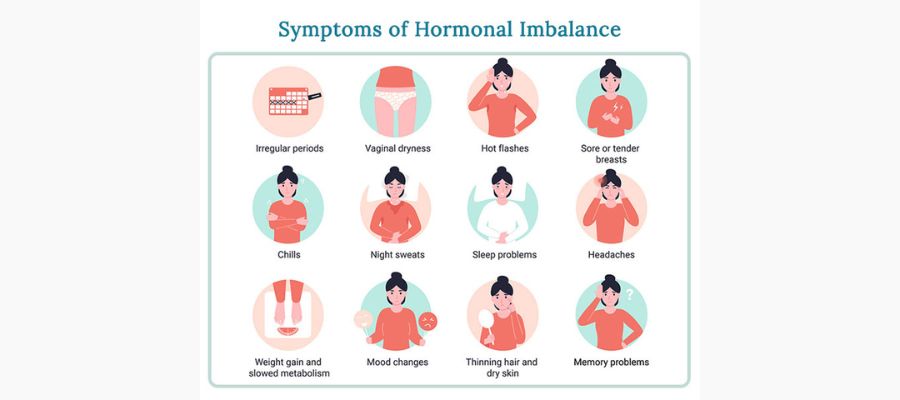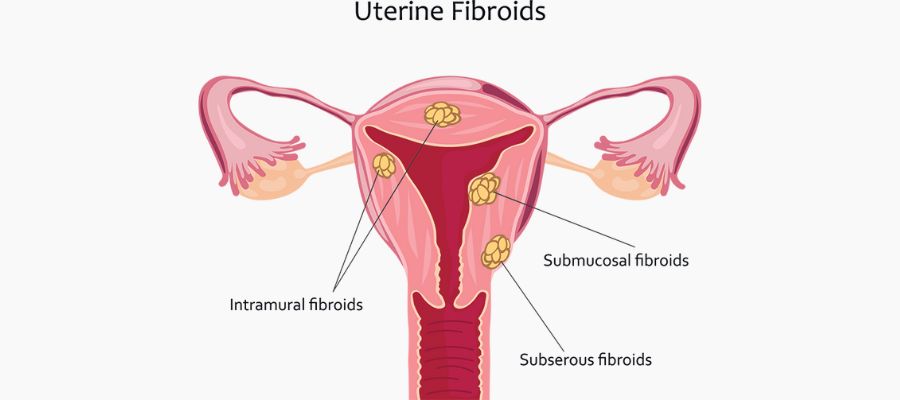
AYURVEDA GUIDE ON WEIGH MANAGEMENT
Ayurveda believes that weight loss can be accomplished through a holistic strategy that harmonises the body, mind, and spirit. Ayurveda is a traditional Indian medical practise that emphasises individualised care based on each patient's distinct dosha (Vata, Pitta, or Kapha) constitution and seeks to balance and harmonise the body. Here are some Ayurvedic tips for losing weight:
- Find out what dosha you are: According to Ayurveda, people fall into one of three categories: Vata (air and ether), Pitta (fire and water), or Kapha (earth and water). Knowing your dominant dosha can help you create an effective weight loss plan because each dosha has unique qualities.
- Eat in accordance with your dosha: According to Ayurveda, the ideal diet varies depending on each dosha. As an illustration, Vata people may require warming, grounding foods, Pitta people may benefit from cooling and relaxing foods, and Kapha people may need stimulating and light foods.
- Steer clear of processed foods: Ayurveda places a strong emphasis on eating fresh, natural, and whole food. It is believed that eating processed and unhealthy foods might cause weight gain and upset the body's natural balance.
- Eat mindfully: Ayurveda advises doing so in a quiet setting free of interruptions. Eat slowly and chew your food well to promote digestion and avoid overeating.
- Choose your spices wisely: Ayurvedic spices like ginger, turmeric, cinnamon, and cumin are thought to improve digestion and speed up metabolism, which can help you lose weight.
- Herbal treatments: Some Ayurvedic medicines may aid in weight loss. As an illustration, triphala, a blend of three fruits, is frequently used to enhance digestion and purify the body. Regular physical activity: Take part in activities that are suitable for your body type and dosha. Exercise enhances general health and aids in the burning of extra calories.
- Yoga and meditation: These practises can help lower stress, which is frequently associated with weight gain. Additionally, it promotes attention and self-awareness, which leads to better food decisions.
- Maintain a constant daily regimen, which includes regular mealtimes and sleeping patterns. Ayurveda lays significant stress on this.
- Detoxification: Periodic detoxification, also known as Panchakarma in Ayurveda, aids in removing toxins that have built up in the body and promotes better health and weight control.
Ayurveda is a supplementary strategy that should be used in conjunction with expert medical advice and supervision, especially for people who have underlying health concerns or major weight loss objectives. Prior to beginning a new diet or wellness routine, always seek the advice of a knowledgeable Ayurvedic practitioner or healthcare provider.










